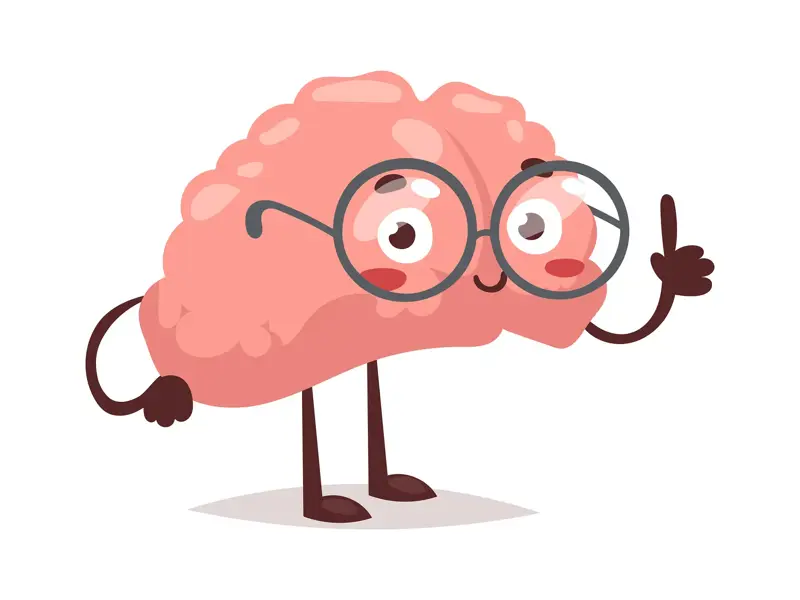Medcast news and blog
Managing the Dark Side (of Social Media)
Many of my consultations these days include some discussion of the distress my patients are feeling about something they have seen or something that has been said or done to them on social media. Often it’s just a misunderstanding by a sensitive and vulnerable person. But it is sometimes due to deliberate attempts by others to upset and disturb them.
READ ON
Managing bipolar disorder is challenging for patients and practitioners alike. Making the diagnosis in the first place is often a challenge, but once it’s made many patients and their health care practitioners are unaware that there’s more to managing bipolar disorder than juggling the medications and doing the blood tests. Listen to the podcast and read the blog.

Is that a typo in the title? Should it say hugs? Well, “hugs” is getting close but not really quite there.

Do you feel comfortable about using computers to help people with their mental health? If not you are not alone and this might give you some insight into why you feel that way. Earlier this year I read a book called The Sudden Appearance of Hope by Claire North, a pseudonym belonging to British author Catherine Webb. The story revolves around two interesting ideas.

Podcasts are a great way to get a dose of education or relaxation without having to stop whatever else it is you are doing. I listen to This American Life on long drives from one workplace to another, to the BBC Comedy shows while exercising (I need something to take my mind off the pain of it all) and to Radio Lab while I knit or make jewellery or cook dinner.

“Cognitive bandwidth” is a term you may not have heard but a concept that makes sense from the minute you encounter it. In severe depression, and severe anxiety for that matter, concentration and focus are sufficiently impaired that any attempt to try to think differently is fairly futile.

As you may know, my current favourite TED Talk presenter is Swedish Professor Hans Rosling. In a talk I’ve mentioned before, the professor demonstrates in his inimitable way that none of us is very good at guessing the answers to questions about the world.

In clinical practice many of us see the sad results of homophobia and prejudice. Marriage aside, as GPs we need to know how to help members of the LGBTI community who are experiencing mental health problems.

GPs seem to fall into two groups when it comes to mental health. There’s the group who feel confident and skilled and the group who don’t.

Yesterday I almost cried in the middle of a consultation. I was just back from 2 weeks holiday and one of my regular patients, a young woman with a big problem with self-harm, came to tell me that...
